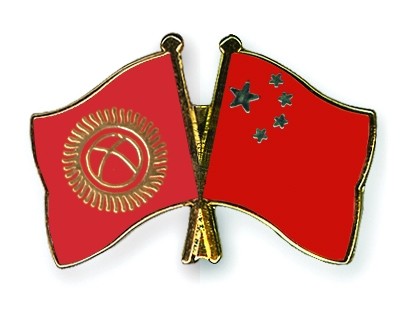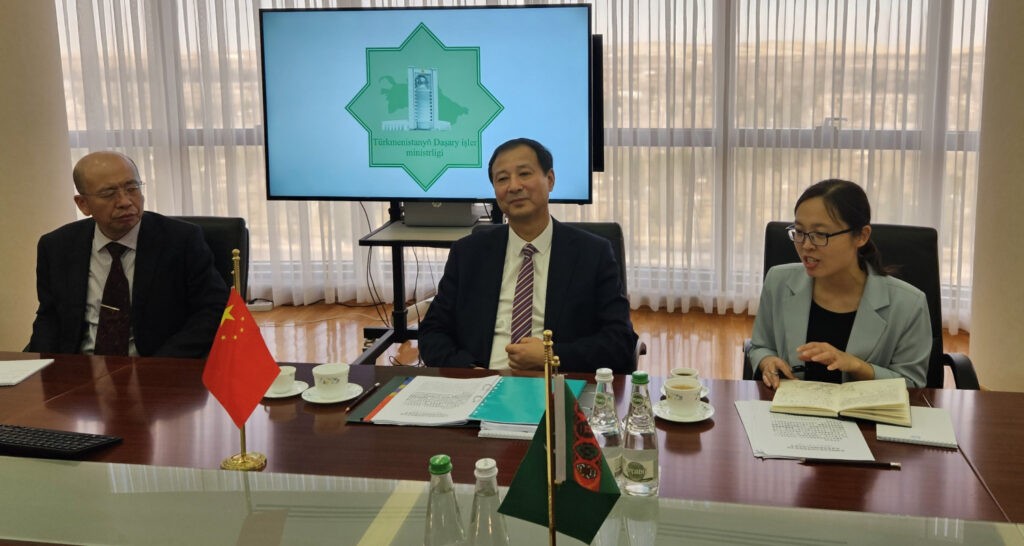According to Education First, Tajikistan ranked 112th among 113 countries ranked in English language proficiency ratings, followed solely by the Democratic Republic of the Congo, Radio Ozodi has reported. In 2020, Tajikistan ranked last. In the report, Russia ranks 41st, Kyrgyzstan - 90th, Uzbekistan – 93rd, and Kazakhstan - 104th. The Netherlands, Singapore and Austria top the list. The International Educational Center for English Language Education First was founded in 1965 in Sweden. EF is the largest private educational institution in the world, with 600 branches in more than a hundred countries. Contrary to the report, representatives of the Ministry of Education and Science of Tajikistan believe that in recent years the level of English language proficiency has improved in the country. The press secretary of the Ministry of Education and Science, Navruz Jumamurod, said that English language learning is well-established in the country and a vivid proof of this is the participation of almost 8,000 students from Tajikistan in international Olympiads. "This is also one of the indicators that participants from Tajikistan speak English well," he noted. Are the teaching methods outdated? In the capital's school No. 55, English is taught using the old method – reading and translating texts, as well as using the Q&A format. In this school, ten teachers teach 2,093 students, with English lessons taking place twice a week. Matluba Makhmadkulova, the deputy director of the school, said that in recent years the interest of schoolchildren in learning English has grown. "Students are divided into groups and study lessons in special classes," she added. In this school, as in many others in the country, the method of teaching English has not changed much since Soviet times and is often reduced to reading and translating texts. But many modern teachers consider such a technique to be ineffective. English teacher Bakhtiyor Davlatmuradov mainly teaches at private language centers. In his opinion, it is important to use new methods when teaching English. "The main problem is ignorance about some of the innovations of modern teaching. Another problem is the limited use of modern technology in the classroom. Yes, teachers are trying very hard, but now it's the 21st century we need to use technology. For example, you can show some videos, that is, make the lesson interactive," he explained. "A lot depends on the young people themselves" Mukhaye Nozimova, who taught English in Tajikistan for many years, is now studying modern ways of teaching the language in London. According to her, to improve the situation it is necessary to reform the country's education system, though on the other hand, she believes the level of English-language proficiency depends on the young people themselves. "Today, there are many online classes, and even free online courses on social networks which allow young people to learn English or any other language on their own," she said. Tajik youth prefer to study English in private educational centers, but throughout the country not everyone has the means to study at such institutions. According to...






